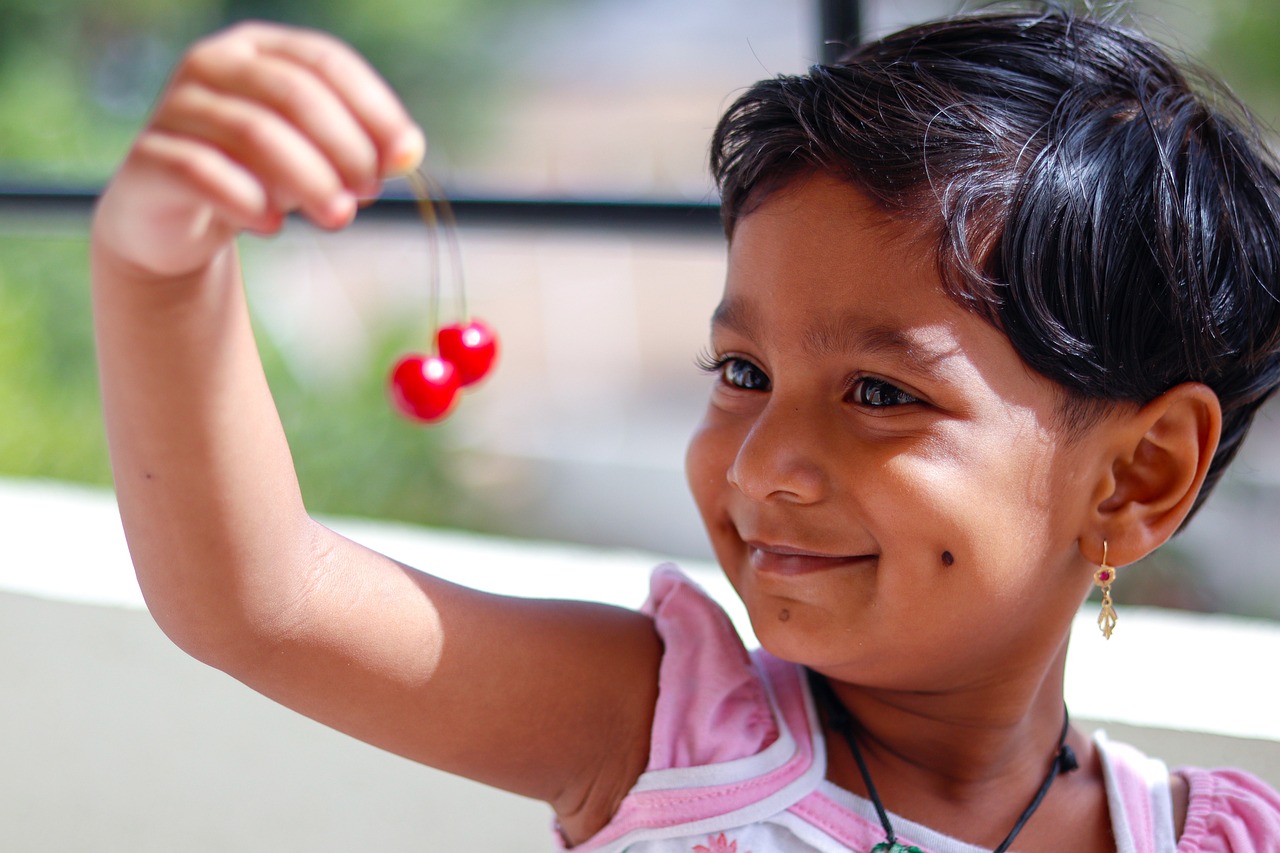Autism social stories – helping your autistic child to make friends
Autistic children on the whole have issues when it comes to making and keeping friends.
Sometimes they can find themselves as the targets for bullies, because of their lack of social understanding and on occasion’s odd behaviour, language and unusual pre-occupations and tendencies.
Their lack of understanding and ability to respond in socially expected ways to nonverbal cues can lead to conflict or being ignored by others.
Children with Asperger’s syndrome will sometimes be extremely literal and may find interpreting and responding to sarcasm or banter difficult..
And may well not understand what has been said or done. Children with mild autism, will often want to be social, but have trouble making friends.
This can lead to later withdrawal and antisocial behavior, especially in adolescence.
Therefore, the sooner an autistic child learns how to make appropriate friendships the better. It can help reduce problems, like bullying and lead to better relationships with people who aren’t on the spectrum.
It is easy as a non-autistic person to forget how complex social skills are; For example:
* How to enter into other children’s activity
* How to allow another child to enter into your own game or activity
* Knowing when someone needs help, and how to find help, also how to get help from others.
* Giving and receiving compliments at the right time.
* Understanding about positive criticism, when and how to give.
* Being able to accept and handle criticism from others
* Accepting the ideas and suggestions of others, and what to do with them
* Controlling negative situations and turning them into a positive
* Learning how to act appropriately at home and in public
* Understanding body language, and facial expressions
* Understanding and using ‘nick names’, appropriate use of words, like swear words, or rude gestures and words.
* Taking part in conversation.
* Managing disagreement with compromise instead of aggression or emotional outbursts
* Accepting not everybody will agree with you, and recognizing peoples opinions can at time vary.
* Empathizing with others in both positive and negative situations
* How to leave an activity or situation without causing offence.
Non-autistic children will learn these social skills in an unconscious and intuitive way, by observing and interacting with everyone around them.
However with autism these skills are not normally learnt in such a way, and need to be learnt in a more definite manner. For example:
‘Autism Social Skills Stories’
Social stories are used as a tool in helping people with autism focus and learn social skills in a positive manner.
Skills like learning to ask questions, or how to control anger, what are nick names and so on.
Using autism social skills stories can increase your child’s ability to make and maintain friendships-by giving your child clear social cues on how to get and keep a friend.
Plus how to act in all situations and activities, making your child more confident and ultimately helping them to make those friendships they need to fit into their environment. We all need friends, a food friend can be like gold dust, and by using social skills stories your autistic child can maintain normal friendships.
To obtain specific and even personalized social skills stories for your autistic child. Visit: https://www.autismparentingmagazine.com/social-stories-for-autistic-children/
About the author: autism social stories is an excellent resource for obtaining good quality expertly written social skills stories for your autistic child




